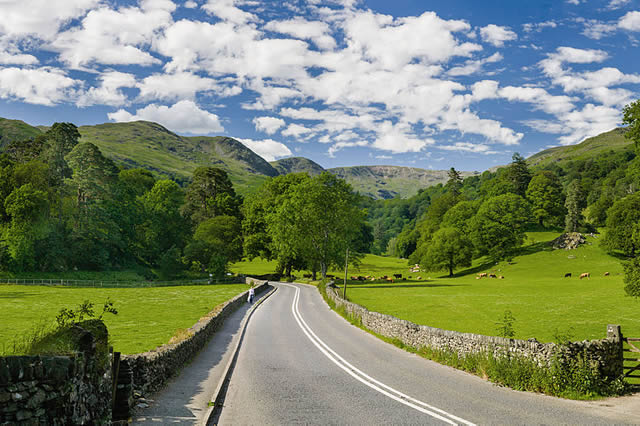
With less than 50 days until the general election, George Osborne has revealed his Budget.
The famous tatty red briefcase holds within it the potential of re-election for the Conservative party, along with a raft of policy amendments that in one way or another will affect people across Britain.
One such area that is set to be susceptible to change is on four wheels, so we have highlighted the main points (bad in red and good in green) that will affect regular road users.
Let’s take a look at the main points below:
Bad news for polluters. There is little change in company car tax rates, but as announced in the 2014 Budget, the percentage of list price (subject to tax) will increase by 2% for cars emitting more than 75g/km, to a maximum of 37%, in 2017/18 and 2018/19.
Bad news for company car owners. The fuel benefit charge multiplier for both cars and vans will increase by Retail Prices Index (RPI) from 6 April next year.
Bad news for van drivers. Similarly, the Van Benefit Charge (VBC) will increase by RPI from the same date.
Bad news. Vehicle Excise Duty rates for cars, vans, motorcycles and motorcycle trade licenses will increase by RPI from 1 April, 2015.
Good news for van drivers. However, the government will extend VBC support for zero emission vans to 5 April, 2020 on a tapered basis, as announced in the 2014 Budget.
Good news for the future. The automotive industry has been promised £100m in investment to “stay ahead in the race to driverless technology”, according to George Osborne.
Good news. A planned 0.5p fuel duty increase from September has been scrapped. In its place a five-year freeze on the fuel duty escalator, which claims to save Britain’s 30 million motorists £10 every time they fill up at the pumps. This equates to £675 a year by 2016, according to Whitehall estimates, while hauliers will fare even better, saving an estimated £21,000 per lorry annually.
Good news for rural dwellers. The Budget also revealed a countryside tax relief that allows drivers living in rural areas to benefit from 5p-a-litre cuts, as of 1 April, 2015.
Good news. A £100 million investment in autonomous car projects in the UK was announced, as the government plans to make Britain a centre of excellence in driverless cars.
Good news. The government announced in February 2015 the launch of a £10 million Ultra-Low Emission Vehicle (ULEV) battery prize, which will see a UK-based collaboration of manufacturers and researchers develop a new commercially viable battery pack for ULEVs. The winner will be announced in summer 2015.
Good news. In something of a surprise announcement, the toll for crossing the Severn Bridge between England and Wales on the M4 is planned to be reduced from 2018.
So there we have it. Let us know your initial thoughts on the new budget on Facebook, or tweet us @GoldSandDigital and join the conversation.